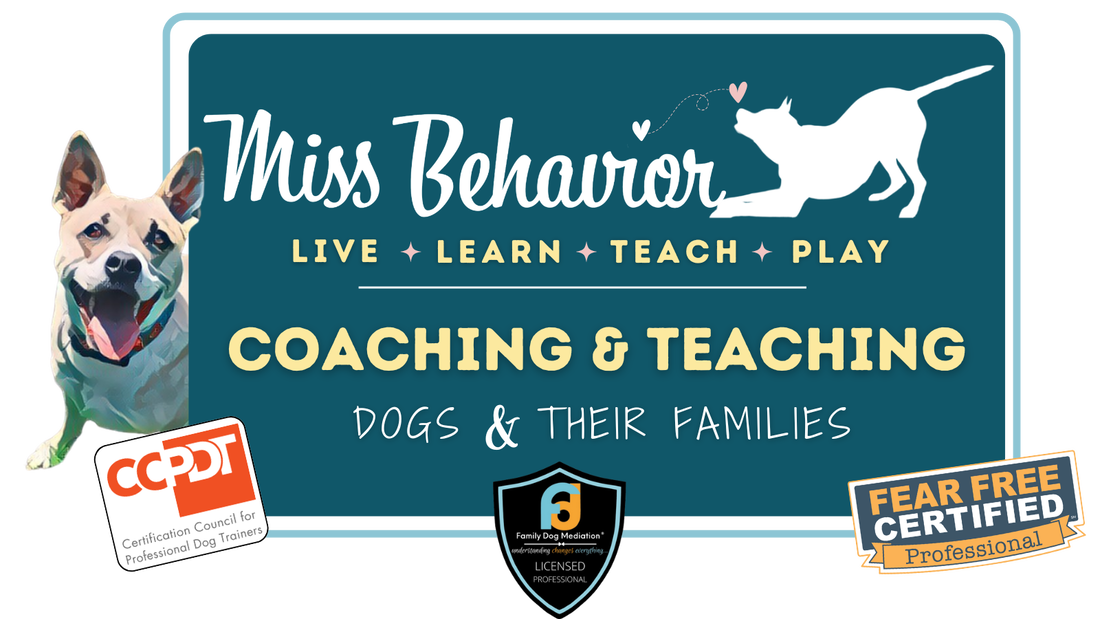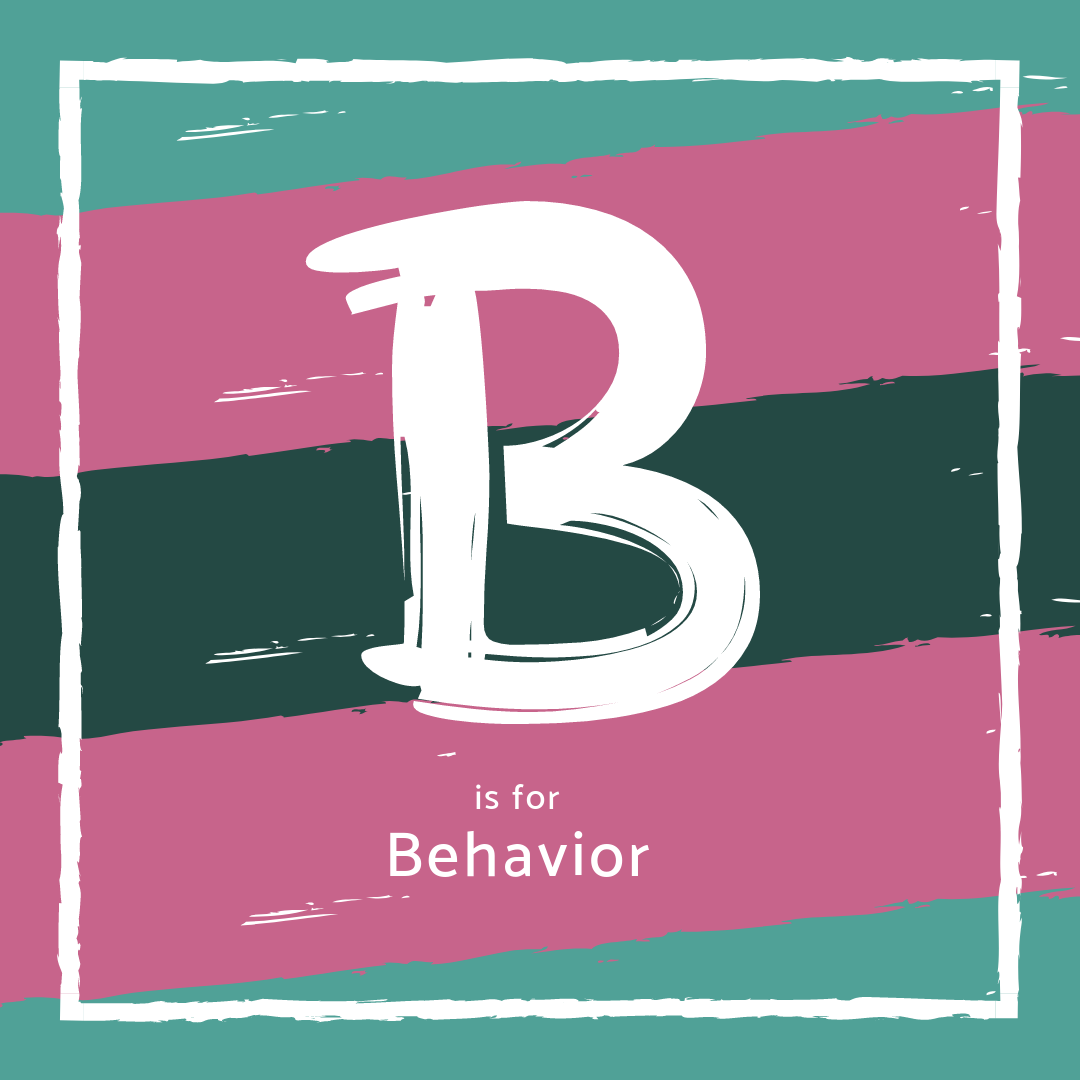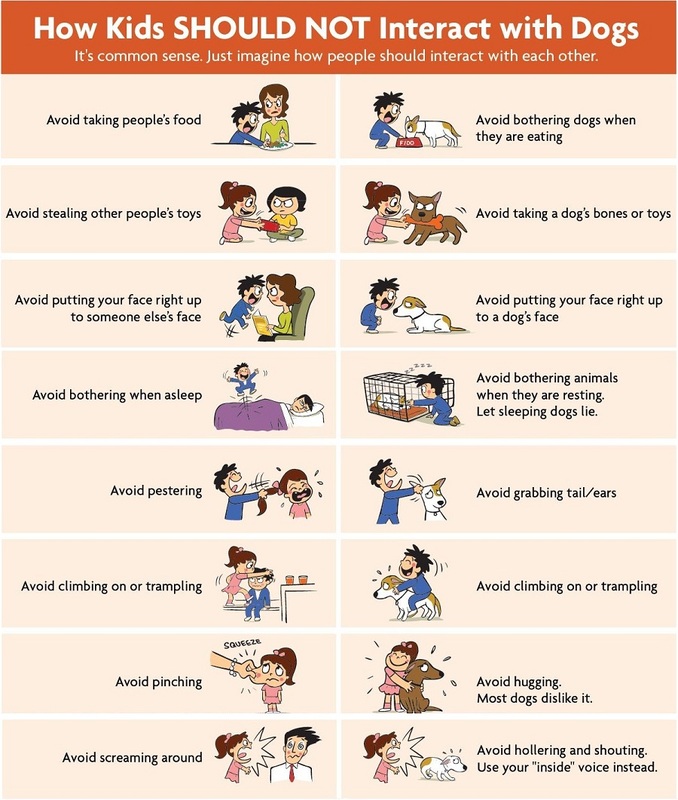|
4/29/2019 0 Comments ABCs of Behavior
There are two types of basic conditioning in behavior. Today, we are going to talk about the Operant Style. The idea of reinforcing or punishing behavior. Let's break it down to simplify it. Without this knowledge, you will always get stuck in trying to change behavior.
Every behavior has a preceding trigger and a consequence that either increases or decreases the chance of that behavior happening again. If the consequence is reinforcing to the dog, it will likely happen again. If the dog doesn't like the consequence or something they were enjoying is removed, the behavior will be less likely to happen in the future.
powered by Typeform
0 Comments
There is a delicate balance here between allowing the Veterinarian and Technicians perform their job in a timely and safe manner and using skills learned at home to make the visit less stressful. First, I encourage you to find a veterinary practice that is open to these fear free type methods, officially Fear Free Certified or not! 11/18/2016 1 Comment Puppy Socialization: Why and HowPuppy Socialization is a window of |
|
- Home
- About
- Blog
- Services
- Membership
-
Courses & Freebies
- All Courses
- FREE Boredom Buster Recipes
- COURSE: Building Resilience in your Family Dog
- COURSE: Managing the Leash Walk
- Potty Training COURSE
- Paws Off COURSE
- COURSE: Managing the Leash Walk
- FREE Attention Building Challenge
- FREE Scratchboard Training
- FREE Rest and Recovery Round-Up
- FREE Body Language 101
- Contact
- Home
- About
- Blog
- Services
- Membership
-
Courses & Freebies
- All Courses
- FREE Boredom Buster Recipes
- COURSE: Building Resilience in your Family Dog
- COURSE: Managing the Leash Walk
- Potty Training COURSE
- Paws Off COURSE
- COURSE: Managing the Leash Walk
- FREE Attention Building Challenge
- FREE Scratchboard Training
- FREE Rest and Recovery Round-Up
- FREE Body Language 101
- Contact
Search by typing & pressing enter










 RSS Feed
RSS Feed





